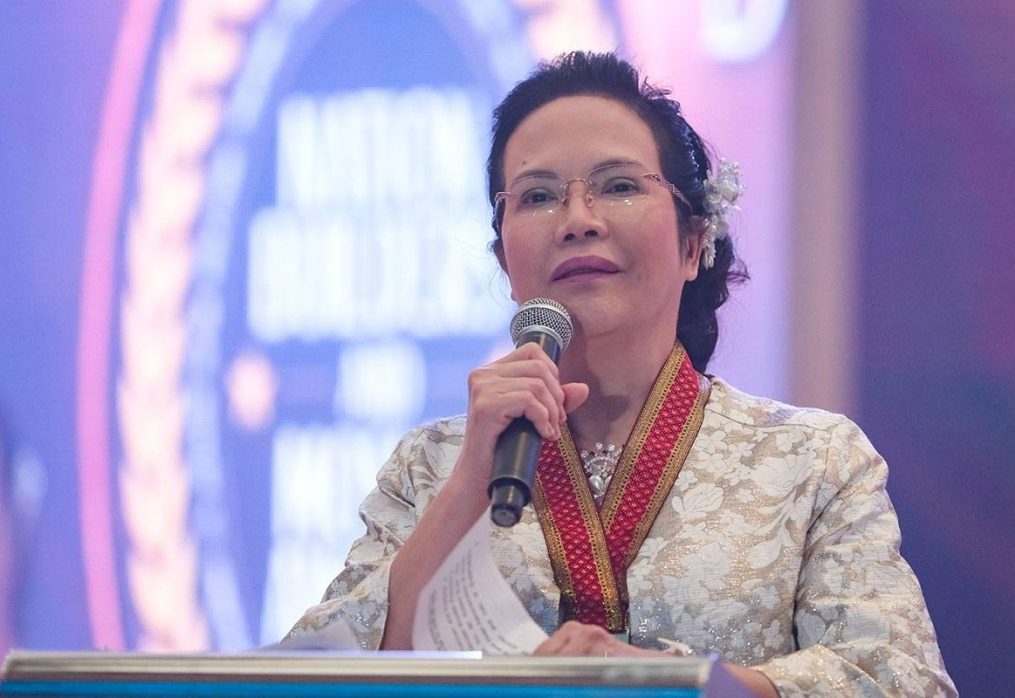PAO hits back at IBP over lawyers’ code
THE Integrated Bar of the Philippines (IBP) is able “to at least partially fill the gap in access to justice” because it is subsidized by the Supreme Court with P130.9-million funding and receives millions of pesos in membership dues from its thousands of members.
This was the reaction of the Public Attorney’s Office (PAO) to IBP’s statement dated June 27, a copy of which was obtained by The Manila Times, supporting the high tribunal when it approved the new Code of Professional Responsibility and Accountability (CPRA).
PAO argues that Section 22 Canon III of the code puts all public lawyers at risk.
Section 22 provides: “A conflict of interest of any of the lawyers of the Public Attorney’s Office incident to services rendered for the Office shall be imputed only to the said lawyer and the lawyer’s direct supervisor. Such conflict of interest shall not disqualify the rest of the lawyers from PAO from representing the affected client, upon full disclosure to the latter and written informed consent.”
“While the PAO greatly appreciates the IBP Board of Governors’ confidence in the public attorneys’ excellence and dedication in the exercise of their duties, we respectfully disagree with IBP which says that each public attorney can function independently in rendering legal representation and assistance, this is because the PAO is one agency, one family,” PAO chief Persida Rueda-Acosta said.
Get the latest news
delivered to your inbox
Sign up for The Manila Times newsletters
By signing up with an email address, I acknowledge that I have read and agree to the Terms of Service and Privacy Policy.
Rueda-Acosta and PAO’s senior officials said the code’s “questionable” section is not a reasonable compromise since PAO was not able to participate in the drafting of the code.
She said the IBP failed to consult its members, including PAO lawyers, when it issued a resolution supporting the Supreme Court’s approval of the code. The IBP had cited Section 22 that “strikes a balance that upholds client trust and confidence while fulfilling PAO’s mandate to provide legal aid services to marginalized sectors.”
Besides, the PAO officials said, the IBP through its board has signified that it is ready to provide any assistance for alleviating concerns on access to justice.
“We implore upon the IBP to adhere to its commitment. After all, having been ordained by the Supreme Court and subsidized by the latter with P130.9-million funding, it is sufficiently equipped to at least partially fill the gap in access to justice,” they said. The PAO officials took exception to IBP’s claim that public lawyers can function independently in providing legal aid to indigents.
“We, as public attorneys, guide and help one another in the performance of our duties; that is why the PAO’s level of service to its clients is exceptional as can be gleaned from the Justice Needs Survey 2021 conducted by the Social Weather Stations for the Justice Sector Reform Program: Governance in Justice II where the PAO as an office and the public attorneys are considered as the most trusted agency and professionals, respectively, in the country’s justice sector,” they said.
In a letter they will send to IBP, the PAO officials said they believed the proponents of the CPRA provision in question “may have advocated, deliberately or not, the sowing of dissension and conflict within the PAO by pitting us against each other.”
“Ultimately, this would take a toll on the quality of public service that the PAO provides and our clients currently enjoy,” they said.
They explained that PAO clients have the pre-conceived notion that justice would be elusive to them because they are poor; allowing PAO to subsequently represent their adversaries and worse, without their consent as current clients would reinforce their distrust against the justice system.
In the past, PAO said public attorneys resorted to moonlighting or soliciting a fee for their services.
“This is because they may appear in several courts and this corrupt practice might resurface if public attorneys are allowed to appear in several courts,” the PAO officials said.
